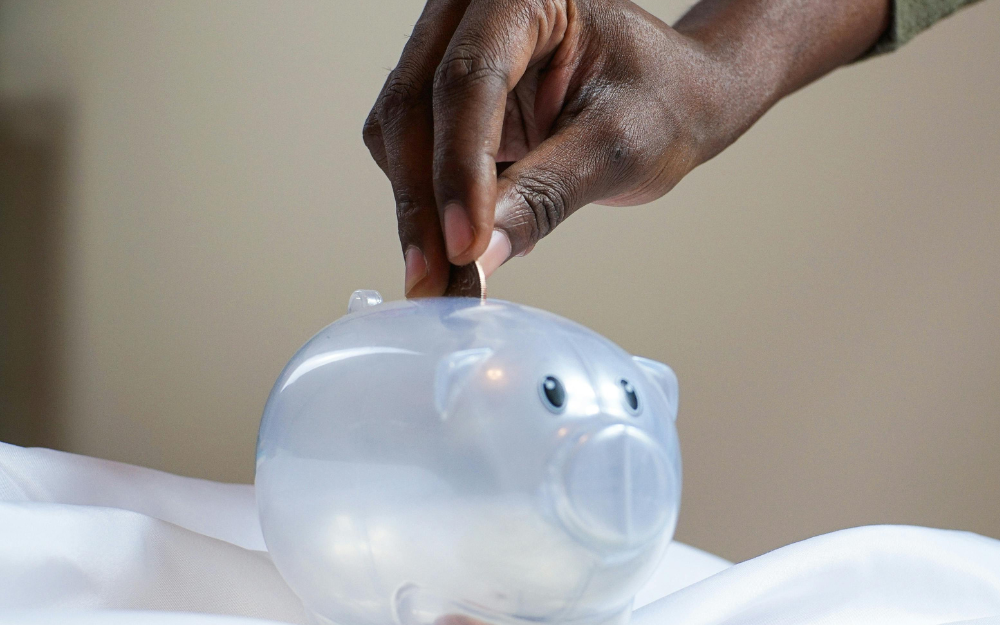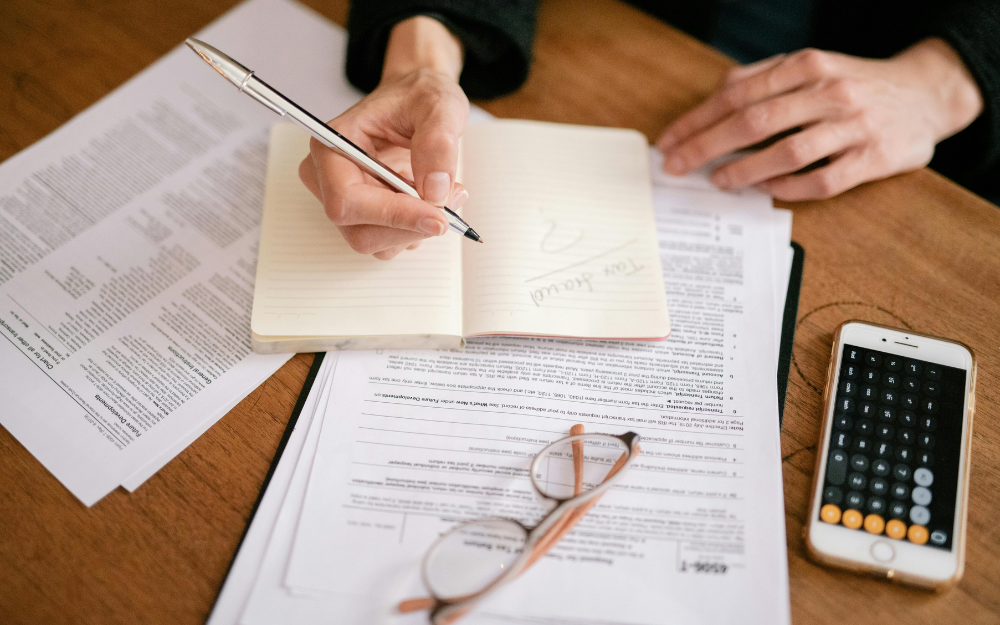Estate planning gives you a final say
Planning for what happens when you pass away or become incapacitated is an important way of protecting those you care about, saving them from dealing with a financial and administrative mess when they’re grieving. Your Will gives you a say in how you want your possessions and investments to be distributed. But, importantly, it should … Read more











